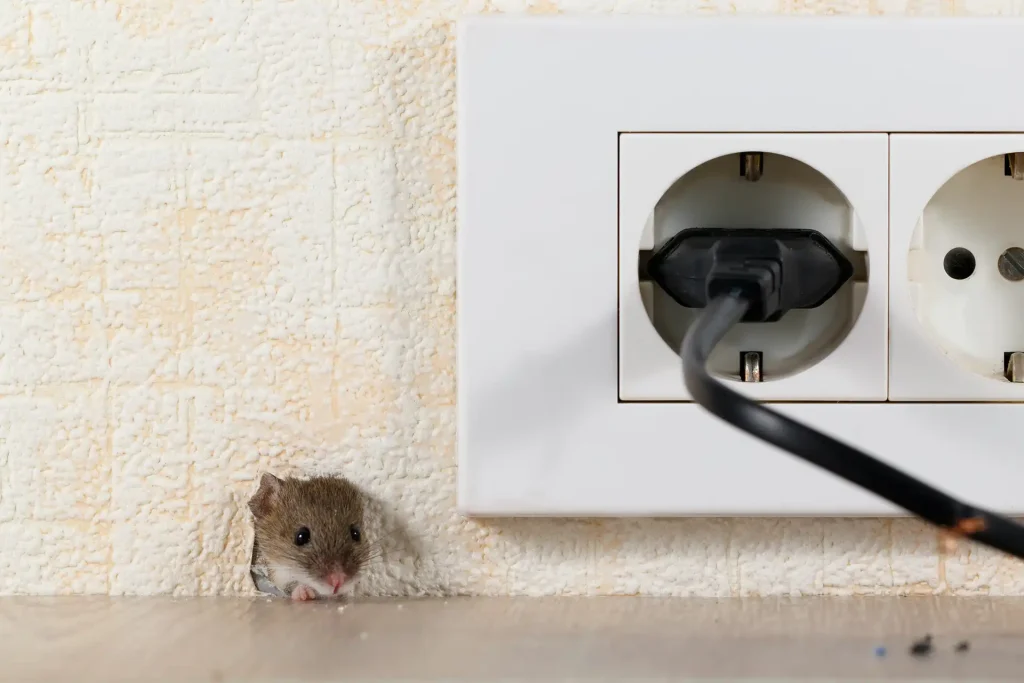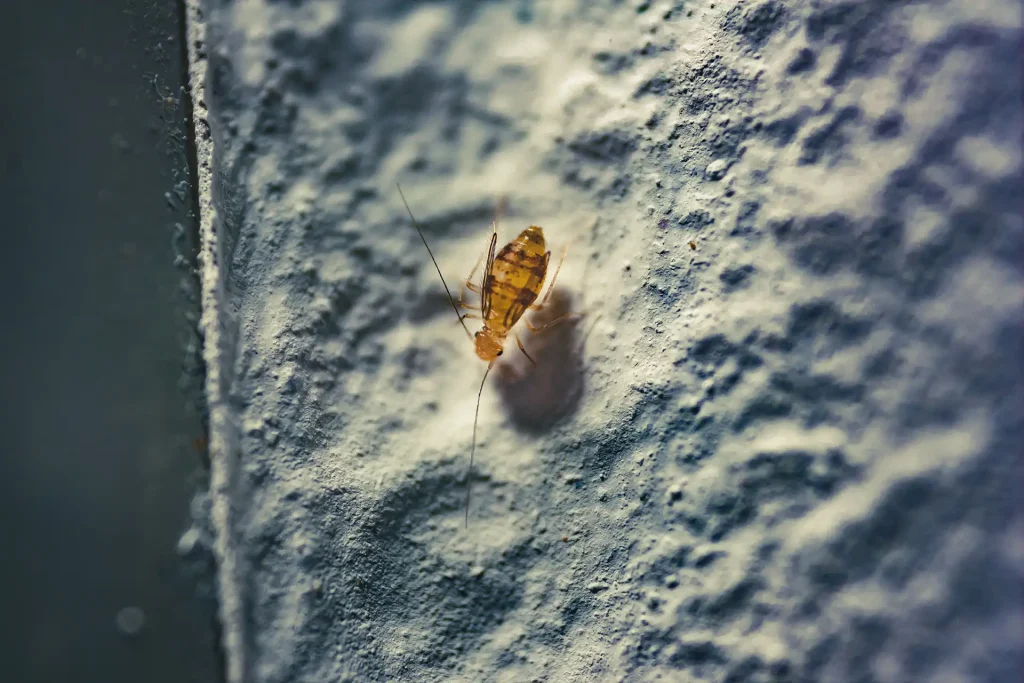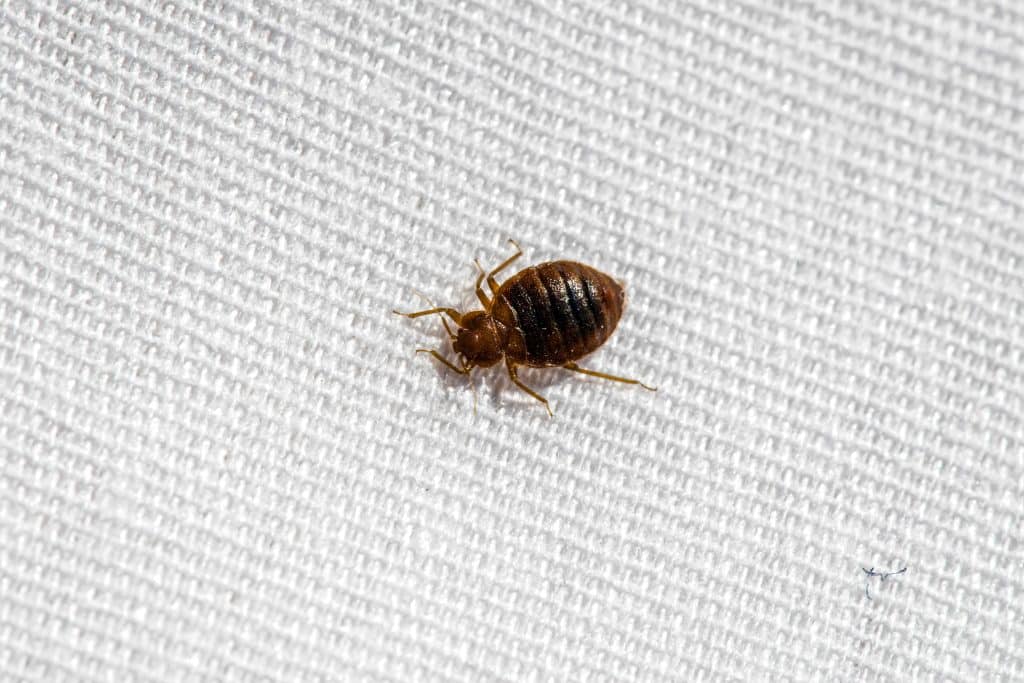The COVID-19 pandemic is resurging in many countries worldwide. Being in public places increases the risk of getting infected. Thus, many people choose to stay close to their homes to stay safe from the deadly virus.
However, there are times that you need to venture outside your home for various purposes. This ups the chance of picking up viruses and taking them in your home.
How to prevent COVID-19 from invading your home?
The coronavirus mainly spread through droplets when an infected person sneezes, coughs, or talks closely with other people. Yet, the Centers for Disease Control and Prevention admits that touching contaminated surfaces and touching the eyes, mouth, and nose can likely infect a person. So, implementing hand hygiene, wearing a face mask, and maintaining a social distance can prevent the virus from spreading.
Other steps on how to keep COVID out of your house
- Clean and disinfect your home. Based on studies, the coronavirus can stay on surfaces for hours and days. Although the risk is low for acquiring infection, it would not hurt to clean frequently-touched surfaces regularly.
Read: How to disinfect your home properly from COVID-19 virus
- Dispose of shopping packages properly. Experts said that it’s unlikely to get the virus from packages shipped for more than 24 hours. But if you’re concerned, you can open the package outside your home and wash your hands. Then remove the contents from the box, dispose of it, then wash your hands again.
- Limit in-person gatherings in your house. The virus spreads mainly by person-to-person transmission. As it takes days for someone infected to show the signs, they can likely spread the virus unknowingly to anyone they’re in close contact with. Avoid interacting with people outside of your household as much as you can or practice the guidelines for safely doing it.
- Don’t share food with anyone outside your household. CDC stated that COVID-19 is unlikely to spread through food or food packaging. But it is still a good idea to practice this when eating with someone who is not a part of your household.
How often should you disinfect your home?
According to experts, you should disinfect your home daily. This way, germs are killed to stop the spread of COVID-19. The Environmental Protection Agency (EPA) has a list of disinfectants for use against COVID-19 pandemic.
Read: DIY or Professional Disinfection Service: Which Should You Choose?
Takeaway
There are measures to keep your home safe from COVID-19 pandemic. You can disinfect your home on your own or get an expert in providing a disinfection service in Singapore to do it for you. Whichever option you may take, they can help you keep the deadly coronavirus from entering your house.
Disclaimer: This article is for general informational purposes only. Please seek the advice or help of professionals for the prevention and elimination of COVID-19.








